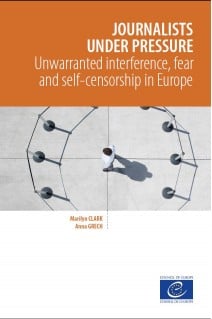
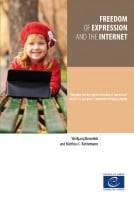
Freedom of expression and the Internet (2014)
- Exclusivité web !


Freedom of expression is one of the basic conditions for the progress of society. Without safeguards for the safety of journalists there can be no free media.
Journalists are under threat in Europe. Different forms of violence against journalists have increased significantly over the last decade: from physical attacks, to intimidation and harassment, targeted surveillance and cyberbullying, we now see a range of tactics deployed to silence critical voices and free speech. Together with impunity for the perpetrators of unwarranted interference on journalists, these are among the most serious challenges facing media freedom today. Self-censorship is hardly surprising in such circumstances.
This study, conducted among almost 1 000 journalists and other news providers in the 47 Council of Europe member states and Belarus, sheds new light on how these issues impact on journalists’ behaviour. The results of the study provide quantitative evidence on such unwarranted interference, fear and how this relates to consequent self-censorship. These striking results confirm the urgent need for member states to fully implement Recommendation CM/Rec(2016)4 on the protection of journalism and safety of journalists and other media actors, and represent an essential and reliable tool for strategic planning in this field to guarantee freedom of expression.
Contents
LIST OF FIGURES
LIST OF TABLES
FOREWORD
EXECUTIVE SUMMARY
Background
Working definitions
Project purpose and design
The sample
Results
Recommendations
INTRODUCTION
Journalism as a prerequisite for democracy
The Council of Europe’s work and standards on the safety of journalists
The extent and nature of violence against journalists
Self-censorship
Definition of key terms
CHAPTER 1 – METHODOLOGY
1.1. Research agenda
1.2. Research tool
1.3. Sampling methodology
1.4. Procedure
1.5. Ethical considerations
CHAPTER 2 – RESULTS
Introduction
2.1. Part 1 – Descriptive statistics
2.2. Part 2 – Statistical breakdown
CHAPTER 3 – CONCLUSIONS AND RECOMMENDATIONS FOR FURTHER RESEARCH
3.1. Conclusions
3.2. Limitations
3.3. Recommendations for further research
3.4. Final note
REFERENCES
APPENDICES
Appendix A – Regions journalists reported from
Appendix B – Survey questionnaire
Télécharger un extrait (1000)

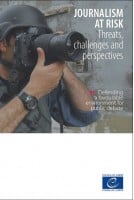
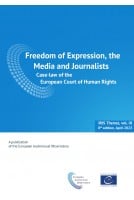
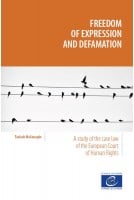





Freedom of expression is one of the basic conditions for the progress of society. Without safeguards for the safety of journalists there can be no free media.
Journalists are under threat in Europe. Different forms of violence against journalists have increased significantly over the last decade: from physical attacks, to intimidation and harassment, targeted surveillance and cyberbullying, we now see a range of tactics deployed to silence critical voices and free speech. Together with impunity for the perpetrators of unwarranted interference on journalists, these are among the most serious challenges facing media freedom today. Self-censorship is hardly surprising in such circumstances.
This study, conducted among almost 1 000 journalists and other news providers in the 47 Council of Europe member states and Belarus, sheds new light on how these issues impact on journalists’ behaviour. The results of the study provide quantitative evidence on such unwarranted interference, fear and how this relates to consequent self-censorship. These striking results confirm the urgent need for member states to fully implement Recommendation CM/Rec(2016)4 on the protection of journalism and safety of journalists and other media actors, and represent an essential and reliable tool for strategic planning in this field to guarantee freedom of expression.
Attention, en vertu de nos conditions générales de vente, l'achat des PDF/epub est réservé aux particuliers.
